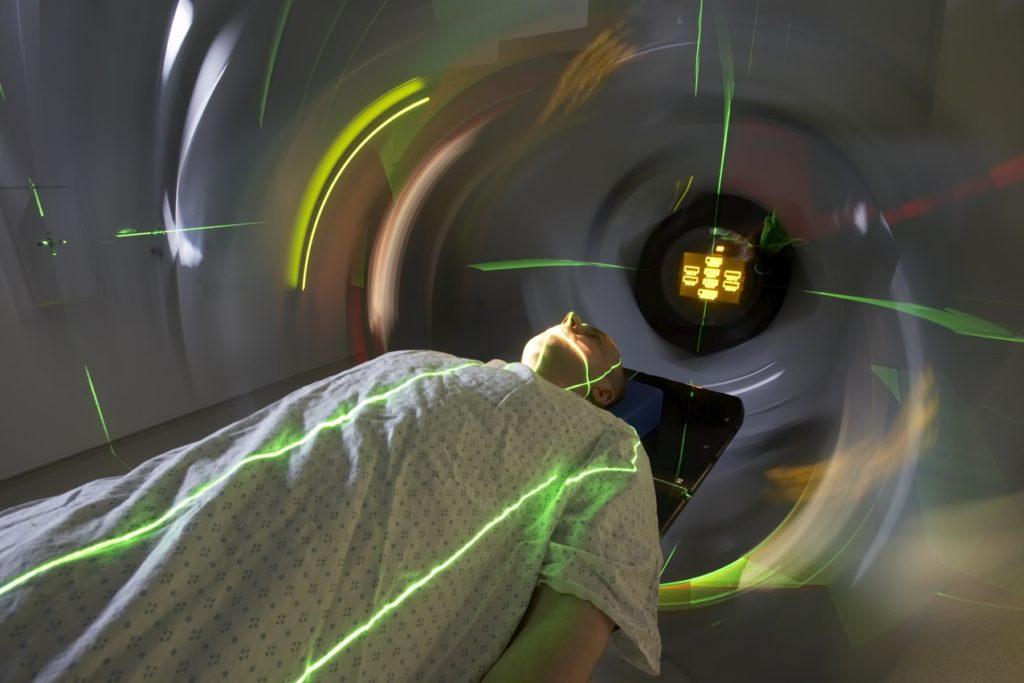International Clinical Trials Day 2018
International Clinical Trials Day is celebrated on 20th May each year in recognition of the clinical trials conducted around the world, which ensure that research from the laboratory can be translated into patient benefit. The progress that is continuing to be made in cancer research, resulting in cancer survival rates doubling in the last 40 years, would not be possible without the researchers, clinicians, nurses and, of course, patients that are involved in clinical trials each year.
Take a look at the Cancer Research UK (CRUK) video below to see how people on cancer trials are saving lives:
The first recorded clinical trial
The first clinical trial is considered to have taken place on 20th May 1747 aboard the HMS Salisbury by James Lind, a naval surgeon. In order to treat men suffering with scurvy on the ship, Lind split 12 men into six groups of two and introduced different dietary changes to each group. By doing this, Lind discovered that the consumption of citrus fruits was an effective treatment for scurvy.
Although much has changed since 1747, clinical trials have continued to evolve and shape modern medicine. They are an essential part of cancer research, providing the means to test new interventions and improve current treatment options available to patients.
From bench to bedside
 Being part of the Barts and The London School of Medicine and Dentistry and our strong links with the Barts NHS Trust mean that the research conducted in the laboratories here at the Barts Cancer Research UK Centre (BCC) is translated into clinical trials through our Centre for Experimental Cancer Medicine, which in turn has the potential to impact the lives of cancer patients.
Being part of the Barts and The London School of Medicine and Dentistry and our strong links with the Barts NHS Trust mean that the research conducted in the laboratories here at the Barts Cancer Research UK Centre (BCC) is translated into clinical trials through our Centre for Experimental Cancer Medicine, which in turn has the potential to impact the lives of cancer patients.
We currently have over 200 active oncology trials covering a wide range of tumour groups and recruited over 700 patients into clinical trials last year. We are also a leader in providing immunotherapy treatments in the UK.
One example of a research project from the BCC that has made the transition from bench to clinic is the CRUK-funded ADAM trial, which evaluated the effects of arginine deprivation on a type of mesothelioma. The results indicated that this treatment could prevent cancer progression, and led to the subsequent phase I combination trial TRAP and global phase II/III trial ATOMIC-MESO. The concept of arginine deprivation has since been transferred to other cancer types.
A very interesting trial called Morpheus- a phase Ib/II open label, multicentre, randomized umbrella study- is soon to open at St Bartholomew’s Hospital. This trial will evaluate the efficacy and safety of multiple immunotherapy-based treatment combinations in patients with gastric or pancreatic cancer, metastatic non-small cell lung cancer and metastatic triple-negative breast cancer.
Hannah Payne, Lead Cancer Research Nurse at St Bartholomew’s Hospital said of the Morpheus trial:
This will hopefully offer a large number of patients the opportunity to receive immunotherapy drugs which are otherwise not available to them. It is a complex, challenging trial, but is also extremely exciting and motivating. As a team we are privileged to be able to work at the forefront of cancer care in this way.
Clinical trials are a fundamental step in the development of new treatments. With basic laboratory research continuing to improve our understanding of cancer and as new discoveries in pre-clinical models progress to clinical trials, we hope to continue to bring life-saving treatments to cancer patients sooner.
Category: General News

No comments yet